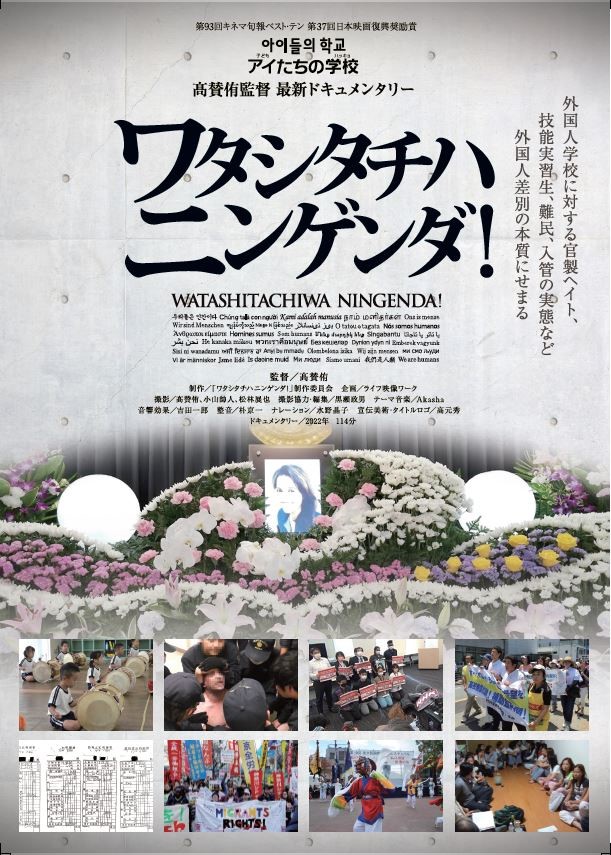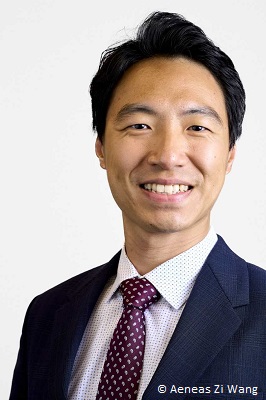Vortrag von Carolin Münch, M.A.: „Die Bedeutung des Hirsches im japanischen Altertum – Mythologie, Religion, Alltagsrealität“
https://www.lmu.de/raumfinder/#/building/bw7070/map?room=707001151_Denkt man an Tiere in der japanischen Mythologie, kommen einem zunächst vor allem Füchse und Tanuki in den Sinn. Denkt man wiederum an Hirsche, erscheinen vor dem geistigen Auge vor allem Bilder von mehr oder weniger zahmen Hirschen im Nara-Park rund um den Kasuga Taisha. Dass die beliebten Nara-Hirsche noch immer verehrt werden, liegt vor...



